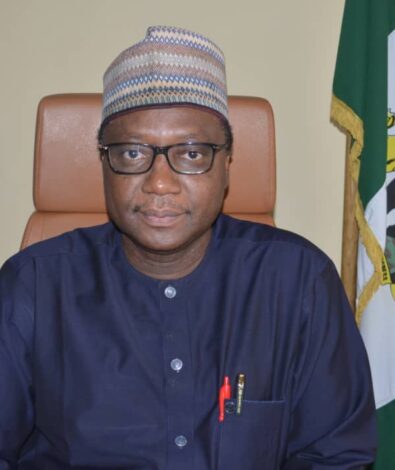Universities Scotland says 20% decline in int’l student market reduces subsidized tuition for domestic students

Universities Scotland has expressed concern that a 20% reduction in international student numbers could impede the ability to subsidize tuition fees for Scottish students.
Experts have therefore emphasized the need for the Scottish Government to increase funding for each Scottish student to help stabilize the higher education sector.
However, the Vice-Chancellor at the University of Dundee and convener of Universities Scotland, Professor Iain Gillespie mentioned that merely increasing funding for Scottish-domiciled students might not suffice to eliminate universities’ dependency on tuition fees from international students.
Financial challenges of Scottish universities
Prof Gillespie said that roughly 70% of international students cite the post-study work visa as an attractive element of studying in the UK.
However, the proposed restrictions to those opportunities which Nairametrics reported, including a raise in the minimum salary requirements have turned international students away.
Prof Gillespie indicated that international students have been contributing to university funding which helps to support Scottish student tuition.
He outlined the financial challenges which Scotland’s universities are facing.
“It’s no secret that international fees cross-subsidise Scottish student placements. In fact, the university financial system is largely built around that assumption.
“That’s been the case for quite some time, and our funding model is predicated on that. Recently, in the last year, we’ve seen some movements around that.
“Scottish students cost money, and we need to subsidise Scottish students through the funding model”, he said.
“Research isn’t getting any cheaper and cost pressures are at risk of making Scottish universities less competitive compared to English neighbours in the research market”, he further stated.
Calls for a review of the free tuition model for domestic students
Earlier this week, Sir Paul Grice, Vice-Chancellor at Queen Margaret University (QMU) and Vice Convener for Universities Scotland expressed support for revising Scotland’s free tuition model.
He advocated for a “compromise” system aimed at enhancing the financial sustainability of the higher education sector.
“[University is] not really free, somebody has to pay for it.
“And the problem at the moment is that over the last decade, the government has just not been able to meet its part of the deal”, Sir Grice said while referencing Scottish Government funding for Scottish students.
“Universities would like to see more money coming in for each domestic student.
“We are far away, far away from paying the costs of tuition through government funding for Scottish-domiciled students.
“Would that remove the requirement to rely on international students? It would neither remove requirements nor would it remove desirability. Because international student income cross-subsidises the provision of tuition for Scottish [domiciled] students, and it also subsidises research.
“So, if we want to see our universities drive research and drive the economy, then at the moment – because of the structure of underfunding of research in the UK, and particularly in Scotland – we remain reliant on international students.”
He said that more urgently, recent changes in the international student population are putting some universities in dire straits.
He noted that the international student market had experienced a significant decline, averaging around 20%, although this percentage could vary depending on the measurement method used.
For some institutions, the decline reached as high as 75%, which has had a substantial impact on the income of Scottish universities.
He therefore advocated for increased predictability, transparency, and flexibility from the government concerning the allocation of places for domestic students and funding levels.
Specifically, he highlighted the challenges universities face in adapting to policy changes, such as the government’s recent decision to cut funding for certain placements this year, especially when such changes are made without sufficient prior notice.
Financial contributions from international students
The assistant Vice-Principal for Equality, Diversity, and Inclusion at the University of Dundee, Professor Hari Hundal, highlighted the significant financial contribution of international students which includes students from Africa, particularly Nigeria.
- He noted that, on average, international students account for 30% of university revenue.
- Specifically for Dundee, in 2023, international student fees contributed £78 million
- This makes up 24% of the university’s income
- Reductions in the university sector’s budget, including a recent decrease of 2.7% (amounting to £32.3 million) in cash terms, have now left universities grappling with how to extend the reach of existing fees.



